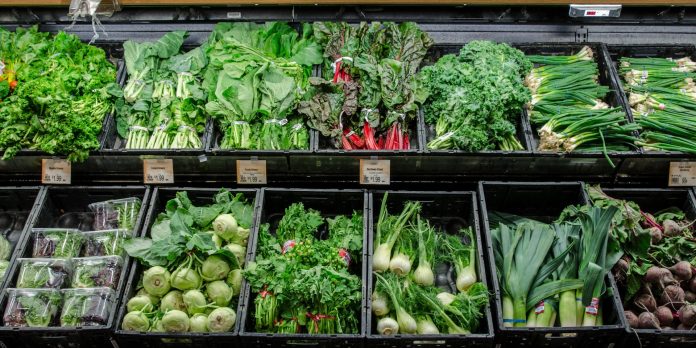Adam Harmsworth, Coventry Socialist Party
Budget pasta prices have risen by 50% in a year, the biggest of sharp rises in the cost of basic foods. New data from the Office for National Statistics also shows crisps are up 17%, bread 16% and rice 15%. These rises will cause genuine worry among millions of workers in Britain already struggling to get by.
Over a decade of restrained wages and relentless Tory austerity has left millions in food insecurity. The pandemic made many workers’ financial situations worse, and we remain in a period of exceptional uncertainty.
Recently, the excuse Tories and supermarket bosses have given for soaring costs is the Russian invasion of Ukraine. So, impoverished workers are supposed to be satisfied with empty cupboards knowing there is a ‘good’ reason behind it?
Both Russia and Ukraine are massive exporters of some basic foods. Together they hold four fifths of global production of sunflower oil, and around 30% of wheat. The war has disrupted Ukraine’s production of food as well as its routes to export.
Meanwhile, sanctions against Russia have led to price hikes on food, and other products used in food packaging that they usually supply like foil and wood pulp. Additionally, many companies are reported to be ‘self-sanctioning’ in not committing to future purchases from Russia in case new sanctions disrupt their own supply chains.
Some blame can also be attributed to the ‘just-in-time’ delivery system global capitalism relies on to lower their costs. Both the Covid pandemic and the current war have exposed the gigantic flaws in the system, providing no safety net when production and transport are disrupted.
Rich get richer
But this is an era defined by a trend of gigantic transfer of wealth to the richest. The supermarket giants are still raking it in – Tesco just took pre-tax profits over £2 billion. Production costs rising in the short term do not have to mean that our prices rise. That is a decision made by food industry bosses.
With the public eye on soaring costs, we have had some temporary concessions out of the capitalists, like Sainsburys declaring a £500 million investment to lower prices. Asda brought back budget food it had stealthily removed after a ‘call-out’ by anti-poverty campaigner Jack Monroe.
But these are small measures that only slightly slow rising costs. Foodbanks are getting desperate as their supplies run low. Last month, The Guardian reported that 250,000 more households will “slide into destitution” next year. The poor and hungry need serious solutions.
A £15-an-hour minimum wage with decent jobs for all, and a welfare system paying enough to live on, would be an immediate start, funded by taking the wealth off the bosses who have hoarded it for so long. Then, if the main sources of food production were publicly owned and democratically run as part of a socialist plan of production, we could ensure good quality and decently priced food was available to everyone.








